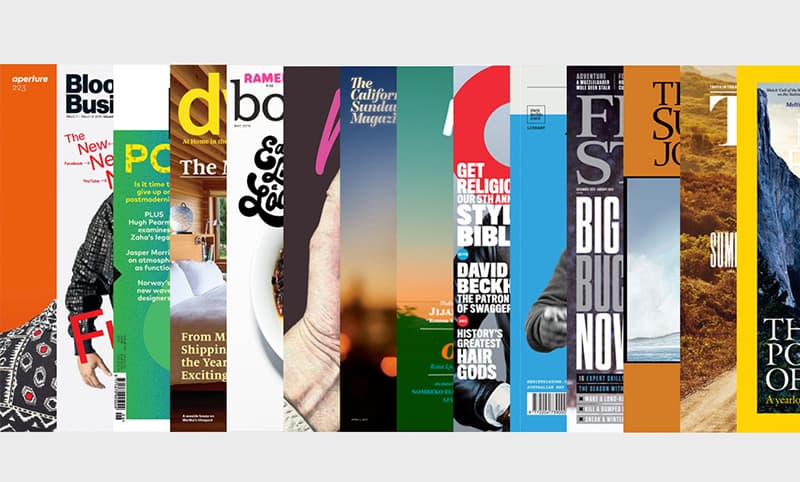
As I sit in my couch reading a treasured, October, 1954 issue of National Geographic, I can not only feel its clay-coated pages resplendent with bright imagery between my fingers, but also sense my olfactory functioning with bibliosmia, the one thing an electronic book can never offer. For connoisseurs of the ‘real’ who still vouch for the printed page, the tactile experience enjoyed by reading a favourite book or magazine, or even glancing headlines from the daily newspaper, is lost in browsing e-books or e-papers, or listening to audio books.
Finland-based renewable pulp and paper manufacturer Stora Enso’s survey reports that readers in Western countries still prefer to read ‘real’ books rather than to go in for their digital makeover. People prefer to read printed materials as they are flipped back and forth, while reading on digital screens is tiring to the eyes. Print also gives better information retention. It is also learnt that students prefer hard-copy textbooks. A softcopy is always easy to neglect. A hardcopy, on the other hand, is not easily ignorable. A hardcopy will create permanent physical evidence which is not easy to discard.

Nearly 65% of book lovers said that they like to go in for physical books as compared to e-books or audio-books. The survey which covered the US, besides major European countries including France, Germany, and the UK, also found that the pandemic pushed people to develop a reading habit, most notably seen in the US and the UK, where almost 70% have developed a habit of reading more.
Alongside this rise in demand for printed books is the urgent need to reduce carbon footprint. The book industry has certainly felt that it has accelerated its requirement to go green, with business picking up as usual with the lifting of pandemic-enforced lockdown restrictions. One of the reasons why green ideas have become prominent is their embrace by business leaders and manufacturers. The manufacturing community has been on the forefront on creating a new, sustainable green world, with the printing industry being no exception.
Printers have adopted significant green practices in an effort to streamline production and reduce their impact on the environment. These include responsible paper sourcing, using soy and vegetable-based inks, overall energy efficiency, and eliminating wasteful production practices.
“Several industry bodies are working in tandem to help create standards and understand carbon emissions at the Scope 3 level, along with the changes required for reducing emissions,” says UK-based CPI Group’s Director of Environment and Sustainability Lisa Faratro. Scope 3 emissions which often make up the largest portion of a company’s carbon footprint includes all other indirect emissions that occur throughout a company’s value chain, occurring from sources not owned or controlled by the company and are typically difficult to control and thereby reduce.
Most of the readers today are willing to pay more for carbon neutral books which can be achieved only through carbon offsetting. “Retail price rises are inevitable if publishers are to decarbonise along their entire value chain,” explains Amanda Ridout, Chair of the UK-based Independent Publishers Guild. “While inflation has grown by 50% as against book prices rising by only 15%, consumers have to realize that to make the supply chain and our products more sustainable, prices will need to increase,” she adds.
Looking at the future, the book industry is clearly heading for multi-format, giving the enduring appeal of tactile editions. With e-book sales dipping with declining popularity, it signals that publishing will get the better of digital technology than other forms of media. E-book subscriptions have taken a beating, failing to convert book lovers into digital readers. CEO of Penguin Random House Markus Dohle summarises, “Even after a century from now, print will be a big chunk of our business.”




